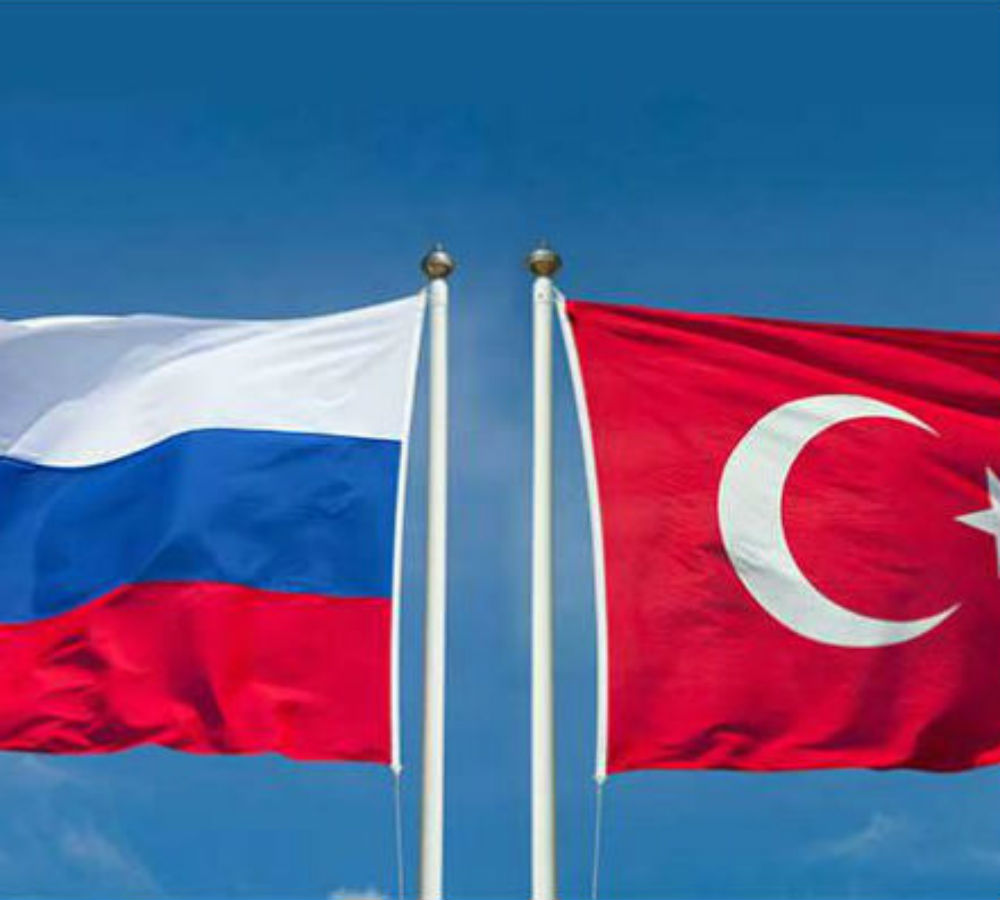Turkey has arrested two of its army pilots for shooting down a Russian war plane near the Syrian border in November 2015; an incident that has strained ties between the two countries until President Recep Tayyip Erdoğan’s apology last month.
According to a report by the Hürriyet daily, which attributed to AFP, a Turkish official stated that the two pilots who were part of the operation that resulted in the downing of a Russian jet have been detained. It was later reported that the pilots were arrested.
A Russian fighter jet was shot down by Turkish military aircraft near Turkey’s border with Syria on November 24, 2015. Following the incident, two contradicting official statements came from the two countries. According to Putin, the Su-24 was struck by air-to-air missiles fired by Turkish F-16s as it was flying over Syrian territory. However, the Turkish government claimed that the Russian plane violated Turkish airspace and it was engaged after being warned.
The pilot of the downed Russian plane was shot dead reportedly as he descended with parachute after surviving the crash. The pilot was later identified as Lieutenant Colonel Oleg Peshkov by Russian authorities.
Russia imposed a number of sanctions on Turkey in response to the incident. After a seven-month-long tension, Erdoğan apologized in June to Putin in a letter.
Following the incident, Alparslan Çelik, a Turkish ultra-nationalist, had claimed that his group killed the Russian pilot. Çelik was reportedly fighting in the ranks of Turkmen groups in Syria.
In December 2015, Moscow demanded Çelik’s arrest and extradition to Russia. A Turkish court in the western province of İzmir ruled for arrest of Çelik in late March. The Turkish court dropped charges against Çelik on May 10.
Another criminal investigation was later launched against Çelik on charges of “possessing war weapon,” however, he was released pending trial along with six others on Monday with a travel ban to abroad.

